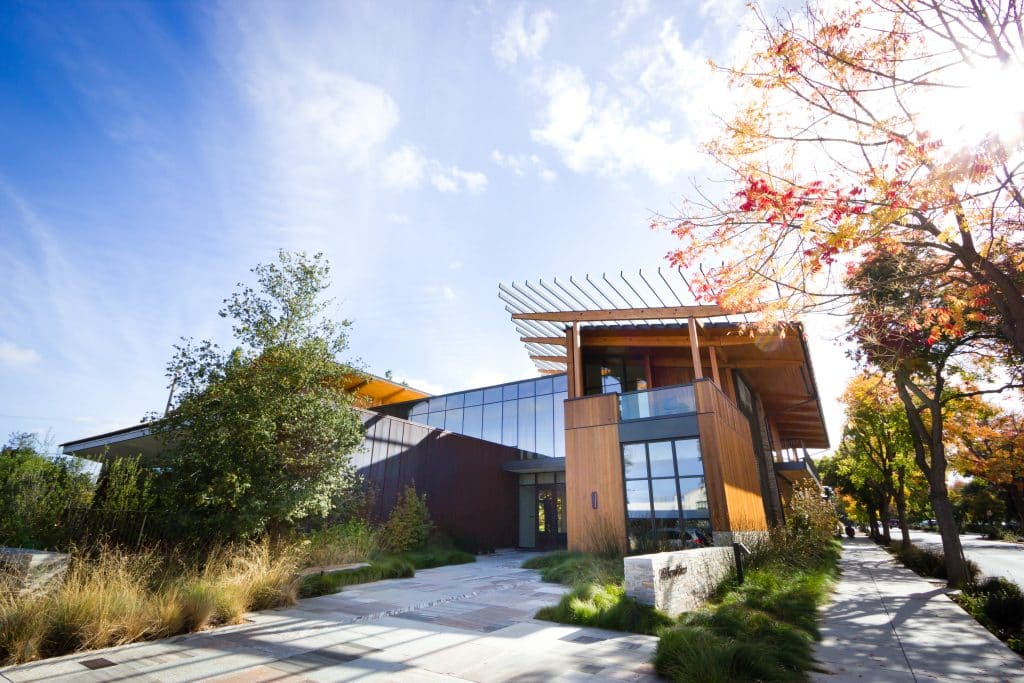Yesterday, the Packard Foundation joined over 500 philanthropic institutions in signing a letter urging the U.S. Department of Commerce and the Census Bureau to reconsider their decision to cut short the 2020 Census deadline. Although initially the Bureau planned to continue door knocking and self-response operations through October 31, it announced on Monday that it is now moving the deadline up to September 30.
Recognizing that the COVID-19 pandemic has created unprecedented challenges to an accurate census count—including difficulties recruiting, training, and retaining enumerators, and preventing in-person contact in many areas—the letter urges the Bureau to maintain its constitutional responsibilities, and collect data through the October 31 deadline.
The 506 signers state that “[r]ushing the census would . . . hurt a diverse range of rural and urban communities, leaving them underrepresented locally and in Congress and cutting their fair share of federal funding for Medicaid, economic development, child care, schools, road and public transit improvements, home heating assistance for senior citizens, and many more vital services.”
The philanthropic leaders explain that although they range in size, location, funding approaches, and ideologies, they “share a belief that reliable and accurate data are a necessary foundation for a well-functioning government, robust civil society, and thriving business sector in the United States.”
The full text of the letter can be found here.
In 2018, the Packard Foundation signed a letter to the Department of Commerce with over 200 funding organizations calling for the removal of the citizenship question due to concerns that it would significantly undermine efforts to achieve a full and accurate count.
Many of the people the Foundation’s grantee partners serve have been historically undercounted in the census process, including people earning low income, communities of color, immigrants, and children ages birth to four. Accurate census data helps communities ensure that children and families have the resources they need to thrive.







